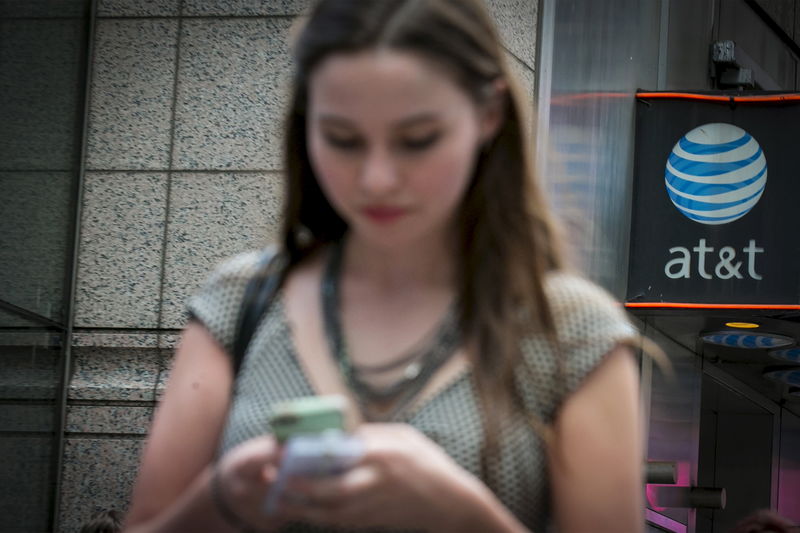This week ahead || Feb 26th - Mar 1st 2024

Warren Buffett calls out stock-market gamblers and honors the late Charlie Munger in his annual letter
In Warren Buffett's recent annual letter to shareholders, he paid tribute to his late business partner, Charlie Munger, crediting Munger as the architect behind Berkshire Hathaway's success. Buffett highlighted four significant investments by Berkshire, including long-held stakes in Coca-Cola and American Express, as well as recent investments in Occidental Petroleum and Japanese trading houses. However, Buffett expressed frustration at Berkshire's size, making it challenging to find impactful investments. He criticized stock-market speculators and pundits, emphasizing the importance of long-term investing and cautioning against chasing "hot stocks" or market forecasts. Buffett humorously pondered whether Omaha, Nebraska, the company's headquarters, holds some secret for producing successful investors like himself and Munger.

Why stock market records aren't always a great sign for the economy
Conversations about the market often simplify into a binary of "good" when stocks rise and "bad" when they fall. But Paul Donovan, UBS Global Wealth Management's chief economist, emphasizes that the market's primary goal is to fairly price assets, not just inflate their value. Investing based solely on the desire for asset prices to rise, rather than on their intrinsic value, can lead to misallocation of funds, Donovan argues. Take bitcoin, for example, where the European Central Bank sees its fair value as zero due to its lack of real-world utility and susceptibility to boom-and-bust cycles. Despite record highs in markets like the US and Japan's Nikkei, which coincides with a recession, Donovan suggests that true market health is reflected in whether stock gains accurately reflect investors' economic outlook. Recent bullish sentiment among investors, highlighted in surveys by Bank of America and Charles Schwab, may not necessarily indicate positive market health if disconnected from economic fundamentals. Ultimately, Donovan stresses the importance of fair valuation over mere market optimism in sustaining a healthy economy.

AT&T to give billing credits to consumers impacted by outage
AT&T announced on Saturday that it would provide billing credits to customers affected by a significant wireless outage earlier in the week, lasting over 10 hours. The outage, attributed to an incorrect network expansion process, disrupted services across the company's 5G network, which covers approximately 290 million people in the US. AT&T restored service on Thursday and stated it would credit impacted consumers for a full day's service cost on average. While the company did not specify the number of affected customers, both the FCC and the US Cybersecurity and Infrastructure Security Agency are investigating the incident. Although AT&T denies a cyberattack, the outage reportedly affected access to emergency services like 911, prompting regulatory scrutiny similar to past incidents, such as a 2020 T-Mobile outage that led to a $19.5 million settlement.

Exclusive-Broadcom nears $3.8 billion sale of remote access unit to KKR
Broadcom (NASDAQ:AVGO) is reportedly nearing a $3.8 billion deal to sell its end-user computing (EUC) unit to private equity firm KKR, as part of CEO Hock Tan's efforts to streamline the company's portfolio post the $69 billion VMware (NYSE:VMW) takeover in November. KKR emerged as the frontrunner in the auction for the EUC unit, outbidding other private equity firms like EQT (ST:EQTAB). The deal is expected to be announced as early as Monday, according to sources familiar with the matter. KKR, Broadcom, and EQT declined to comment. Evercore, Deutsche Bank, and Jefferies are advising KKR, while Citigroup is advising Broadcom, with debt financing provided by UBS Group, Jefferies, and KKR's capital market unit. KKR's prior deals in the sector include the 2018 acquisition of BMC for $8.5 billion and the 2021 purchase of Ensono for about $1.7 billion.
